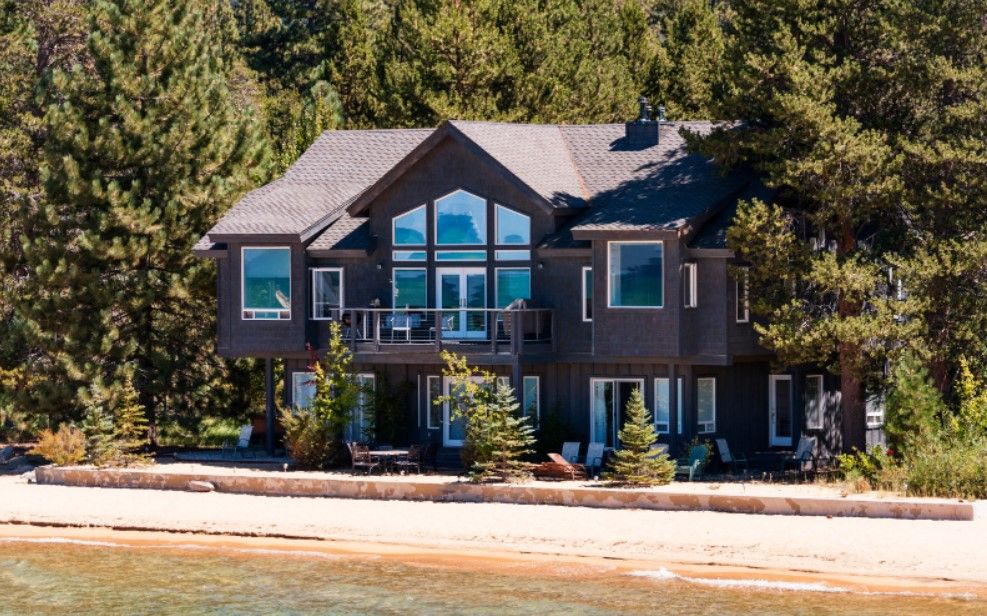What Rising Insurance Costs Mean for Home Values
In recent years, homeowners across the U.S. have been facing a growing concern: rising insurance premiums.

Living on a premium lot often comes with a healthy price tag, however, home value is most always sure to increase above average. We'll take a brief look at the various types of premium lots, some more favorable to certain buyers than others. There are key considerations, responsibilities and possible headaches living on a premium lot as well.
A Pond or Other Bodies of Water
Are you fond of the water? Most folks dream of living on the water with a view but for many it's not practical. Many buyers love the idea of the beauty and privacy that backing to a pond or lake may bring knowing there won't be any neighbors behind them, for one. Attributes can be sitting outside on their patio or deck,easy access to fishing or taking their boats out on the water. Having a house on a body of water can bring with it some headaches, however. There is always the chance of adverse weather which can cause possible flooding. Some of the natural habitat may include unwanted, pesky animals and insects.
Golf Course Lot
Whether you're a leisurely golfer, an avid golfer or a professional, the convenience of living on a course is attractive. Golf course lots will cost you a premium, depending on the builder or developer. Some may even include a golf membership in your homeowner's association dues. One consideration is that you may have errant golf balls hitting your house, damaging your roof or breaking windows. For many a golfer, living on or near the course outways the downside.
Backing to a Park
If your home backs to a park, it may or may not add personal value. This is what's called perceived value. You may enjoy not having another house and neighbors directly behind you. If you have children, you may enjoy living by a park because it's a hop, skip and a jump away. Be sure you are aware of any games or practices that may be taking place on the park's open land. What you think may be added privacy of backing to a park may turn out to be just the opposite.
Backing to Green Space
Green space is land that will not be developed on. An article on epa.gov, What is Open Space/Green Space? describes and explains that green space is a piece of land that will have no buildings or structures built on it and it is accessible to the public. Backing to or being adjacent to green space may offer you just the privacy you are looking for. If may even give you the feeling of having more land or a larger yard, even though you don't own the land.
Undeveloped Land
The main consideration if your home backs to, is adjacent to, or is across the street from undeveloped land is what is zoning. With a little investigating by you and your agent, you can uncover current or future plans. The key is to find out what the land is zoned for. If is it zoned residential, find out what types of homes will be built on it. If it is zoned commercial or retail, there are quite a few types of commercial or retail properties that may be built. The more information you have, the better prepared you will be when it comes time to develop the land. A good guide to the types of zoning can be found in an article on housing.com, written by Surbhi Gupta, called What is zoning in real estate? Sometimes you may pay more for a piece of land or a lot with undeveloped land next to it, and it may actually decrease your home value in the future.